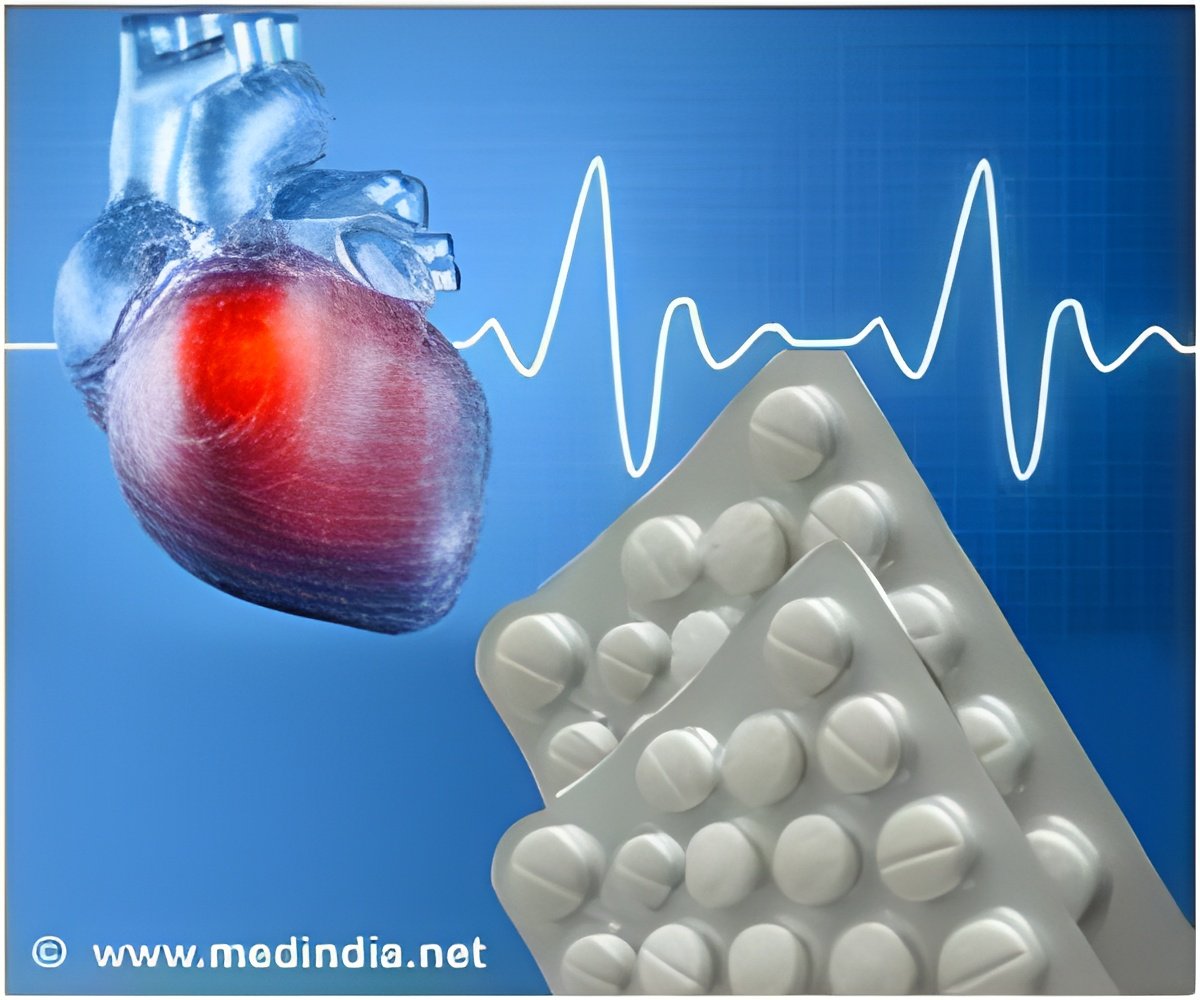
Treatment guidelines should be reviewed in light of the findings, the experts said, and the NHS should impose a blanket policy of prescribing up to 20 million people statins at a potential cost of 240million pounds a year, the Telegraph reported.
Currently, the only people considered at high risk, those with a one-in-five chance of having a heart attack in the next 10 years, are given the drugs.
Half of men aged 50 or over and almost a third of women qualify for statin treatment. About five million people are thought to take them. National guidelines should be amended to lower the threshold for treatment to those with a one-in-10 risk over a decade, the experts said.
As the majority of people in their fifties would qualify for statins under this criteria, it would be cheaper and easier to implement a blanket policy to save money on screening tests - which cost up to 700 pounds per patient - to identify them, it was argued.
The cost of statins, 1 pound for a month's course, would also be offset by the savings they would bring to the NHS in preventing costly operations, medical procedures, rehabilitation and by freeing ward space and places in care homes. A total of 1.3 billion pounds is spent annually on cardiovascular drugs alone.
Advertisement
"If we want to prevent heart attacks and strokes that come out of the blue in people with no previous evidence of problems - and about half of such events happen in the absence of any prior history of disease - then we have to identify and treat people who are currently healthy but are known to be at increased risk of developing heart disease. Such treatment should, of course, be in addition to obvious things like encouraging better diet, more exercise and avoidance of cigarette smoking," said Prof Colin Baigent, co-author of the study.
Advertisement
The study analyzed data from 175,000 people in 27 random trials, which compared people on statins with those on a dummy pill.
Researchers found that for every one-point reduction in levels of bad cholesterol in the blood, there was a 21 per cent reduction in the risk of serious events, including heart attacks, strokes or surgery for blocked arteries among those with no symptoms of heart disease.
The risk of dying from a heart attack or stroke among those at lowest risk was cut by 15 per cent.
For every 1,000 people in the low-risk group treated with statins for five years there would be 11 fewer major heart attacks or strokes.
"A benefit that greatly exceeds any known hazards of statin therapy," the researchers wrote.
Side effects of statins can include muscle aches, stomach disturbances, and altered liver function. Patients have also reported sleep and memory problems, depression and headaches.
There was no evidence of a rise in deaths from cancer, the researchers said, and although there was a small increased risk of a "bleeding stroke" (a burst blood vessel in the brain) and more people were diagnosed with diabetes in the statin group, these were outweighed by the benefits of the treatment.
The findings were published online in The Lancet.
Source-ANI













